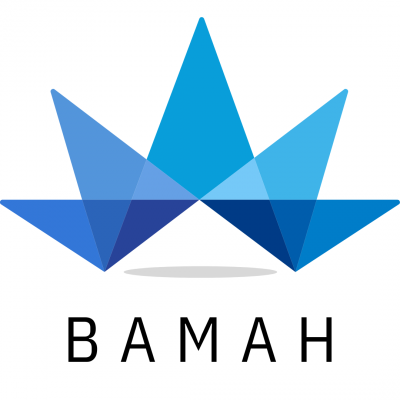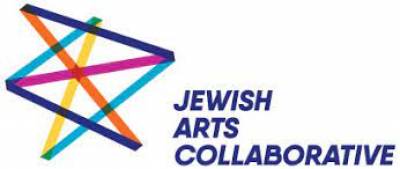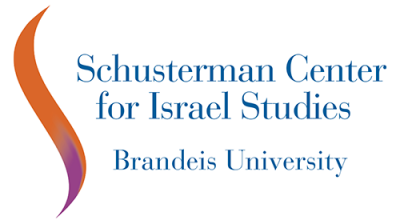
Join us to explore the diversity of Israel – the beauty and the challenges – through a funky and beautiful blend of music, dance, and conversation.
Neta Weiner is a musician, actor, and director, and Stav Marin is a choreographer, dancer, and performer. They are independent artists based in Jaffa who create work collaboratively and individually. Neta is the founder of System Ali, a multilingual Jewish-Arab Hip-Hop project, while Stav has served as the Artistic Director of the Intimadance Festival. Their work has been recognized with several prestigious awards and grants presented internationally. It is based on the conversation between body, text, and voice and explores the axis between violence, intimacy, and dialogue. Now, you can experience their art and listen to their story in conversation with Yuval Evri, Brandeis University Assistant Professor of Near Eastern and Judaic Studies on the Marash and Ocuin Chair in Ottoman, Mizrahi, and Sephardic Jewish Studies. They’ll be joined by Yuval Gur on oud and violin.
This musical and textual meeting incorporates English, Hebrew, Arabic, and Yiddish. It explores the connection between the audience (Kahal) and community (Kehila) and the role of art in facilitating dialogue during conflict and serving as a sociopolitical tool.
This is the first live iteration of the Studio Israel series which began online in 2020 as a means to connect with Israeli culture through artists during the Covid-19 pandemic. The series is presented in collaboration by Hadassah Brandeis Institute, the Jewish Arts Collaborative, the Schusterman Center for Israel Studies at Brandeis University, the Vilna Shul, and is made possible with support from CJP. Neta and Stav are in residence at Tufts University for the 2024 Spring semester through the BAMAH visiting artists program.
Meet the Artists
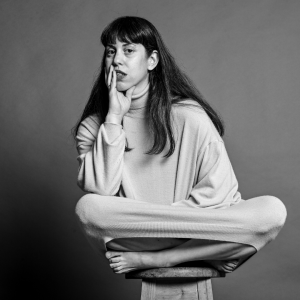
Stav Marin is a choreographer, dancer, and performer recognized with the
prestigious Ministry of Culture Award. She served as the Artistic Director of the Intimadance Festival in Tel Aviv and has worked on numerous dance and theater productions globally. Marin has collaborated with various international
choreographers, dance companies, and artists. Her recent work, "Tsena Urena," premiered at the Curtains Up Festival 2022. The piece explores themes of tradition and motherhood through Yiddish and Hasidic dance. She is an experienced dance instructor and creative mentor.
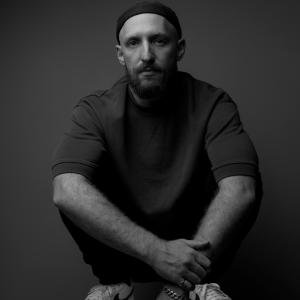
Neta Weiner is a musician, actor, and director based in Jaffa. He is the founder, lead singer, and accordionist of System Ali, a multilingual Jewish-Arab Hip-Hop project. Weiner is also the artistic director of the Beit System Ali social educational movement. He has created several critically acclaimed and award-winning plays that have been produced for festivals and significant theaters worldwide. As an actor, he has appeared in several Israeli films and television shows and wrote the soundtrack for the anticipated series "Madrase". Weiner released his second solo album, "PINUI BINUI" last year, written in Hebrew, Arabic, Yiddish, and English. Additionally, he has been practicing martial arts for over 20 years and is a licensed teacher of Wing Tsun Kung Fu.
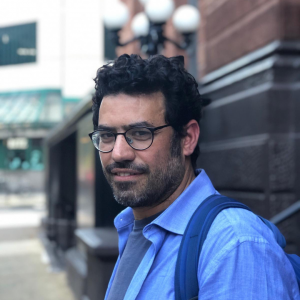
Professor Yuval Evri is an Assistant Professor of Near Eastern and Judaic Studies and Marash and Ocuin Chair in Ottoman, Mizrahi, and Sephardic Jewish Studies at Brandeis University. His research delves into the cultural and political history of Palestine/Land of Israel, with a specific focus on Sephardi and Arab-Jewish thought. Evri has published numerous articles on modern Arab-Jewish culture and thought; his recent book: "The Return to Al-Andalus: Disputes Over Sephardic Culture and Identity Between Arabic and Hebrew," was published in 2020 by Magnes Press. Currently, he is working on a book that explores the role of Mizrahim/Sephardim as mediators between the Jew and the Arab and between Hebrew and Arabic and how this position of fluidity became a source of resistance to dominant national and monolingual forces.
In partnership with:
